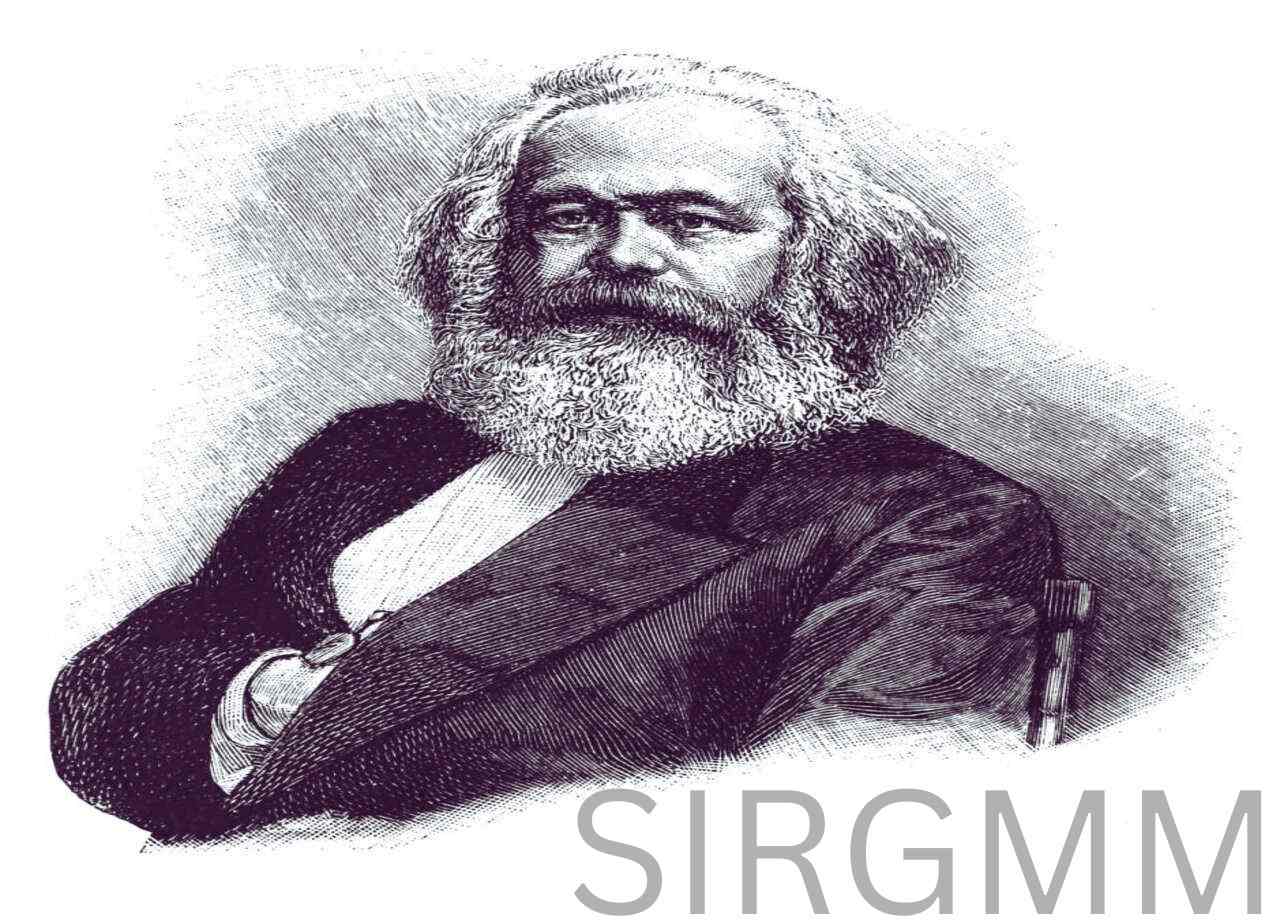Karl Marx's Cologne Newspaper Advocated Revolution without Criticizing the Government
Marx moved to Cologne, Germany, with his new charter. Here he published the newspaper, Neue Zeitung. The paper did not preach a socialist republic or a workers’ state. This newspaper advocated equal voting rights for all German citizens, direct elections, and the abolition of feudal taxes. The newspaper attempted to deliver the message of revolution without much criticism of the government.
Because of Marx’s strategy, the government could not take strict action against the newspaper. But the German army took action against him. Marx published an article that offended the German military. This article was about an army officer who was convicted of selling weapons illegally. Two army officers visited Karl Marx. Marx put an empty pistol in his gown pocket that was visible from outside. Then he met the officers.
They told him that the article had damaged the army’s image. They threatened that if the author of the article was not handed over to them it would lead to dire consequences for Marx. But Karl Marx said he was not afraid of consequences. The officers had seen the pistol in his pocket. They walked out without further comments.
Marx's Brush with the Military in Cologne and the Dream of a United Democratic Germany
They didn’t expect Marx to show them a gun. They feared that any attack on the newspaper office would enrage the general public. So they didn’t attack the newspaper office. It was ironic that the office was situated in front of the military cantonment. According to Friedrich Engels, people wondered how the newspaper was working in front of a garrison of 8,000 troops.
But the revolutionary atmosphere of the city and Marx’s shrewdness worked. Nobody threatened them again. This was perhaps the first and last time that Marx used weapons for the revolution. But this revolutionary environment didn’t last long. You know that Germany was not a united country at that time. Germany could only be a united and democratic state if Prussian king Frederick William IV became King of the whole of Germany.
In that case, the constitutional parliament of the country could have become the federal parliament of Germany. This parliament had proposed a new constitution that limited the king’s authority.
King's Refusal of Crown Shatters Hopes for United and Democratic Germany, Leading to Punishments and Marx's Exile
But William IV refused the crown of a united Germany. He didn’t want to become a king with limited authority. William IV’s refusal wasted the opportunity to create a united and democratic Germany. After the king’s refusal, the constitutional assembly was also dissolved. All democratic hopes died away.
The constitutional assembly could only work if Germany was a united country. But this didn’t happen. So Germany remained without democracy. The German states started punishing the supporters of the revolution. Karl Marx was exiled once again. In the words of Faiz… The order was given again.
That we should be exiled. Then we wander from one place to another. To find some good friends. And ask every stranger the address of our home. In strange lands, Spend days and nights. Talk to this… … or that person. So once again Marx’s newspaper was shut down and he was ordered to leave Prussia.

